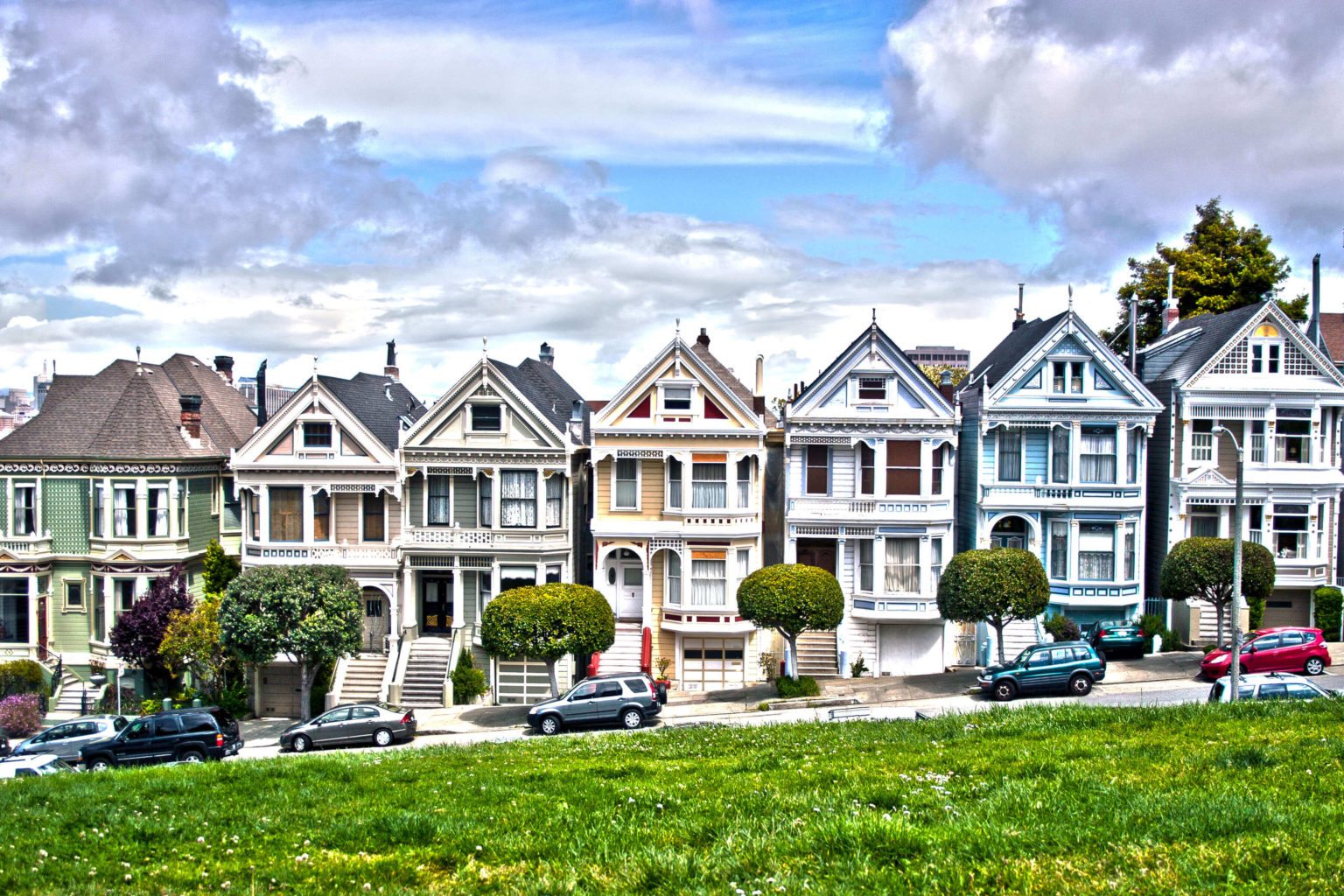Why the Full House family is so important
At the end of February, Netflix released a new spin off series called Fuller House. You may not be like me and share my unprecedented love for 80s and 90s TV shows, so if you don’t know, this is the next generation series of Full House.
The premise of Full House follows a family after the death of the mother, leaving three little girls (DJ, Steph, and Michelle) and single dad (Danny). In the first episode, Danny’s best friend and his brother in law move in to help look after the girls.
The show follows the family as the girls grow up, and it’s heart-warming and charming in all the right ways. Also, Mary-Kate and Ashley Olsen play baby Michelle, and it will melt your heart.
Why I think this show was so progressive at the time it was made (1987-95) is because of the way it challenges normal family structures. Audiences fell in love with a family in which three men were the primary care-givers of these children.
While Full House, and now Fuller House, may not be as explicitly political, they inevitably are
‘Beyond Same-Sex Marriage’ is a document put together by a group from the LGBT community and allies from all manners of work (educators, writers, scholars etc.). In this document, the community sought to address the legal and economic privileges of traditional heterosexual families in America, as well as to legitimise and recognise “diverse kinds of partnerships, households, kinship relationships and families”.

Mary-Kate and Ashley Olsen play Michelle in the show. Image: Flickr/ David Shankbone
Quite rightly, it is pointed out that “to have our government define as ‘legitimate families’ only those households with couples in conjugal [marital] relationships does a tremendous disservice to many other ways in which people actually construct their families.”
Thus, while Full House, and now Fuller House, may not be as explicitly political, they inevitably are. Shows like these and Modern Family help us question what it means to be a family, and are important because of the audiences they reach, through the undeniable power that media has to influence our world views. In this way, TV and media can be used positively to promote and normalise non-binary family structures and participate in this dialogue.
So this is why I think you should all go watch Full House and then try out Fuller House. Apart from enjoying a 90s wardrobe and some immensely cheesy dad chats, these shows are quietly making ground in redefining normative ways of thinking.

Comments